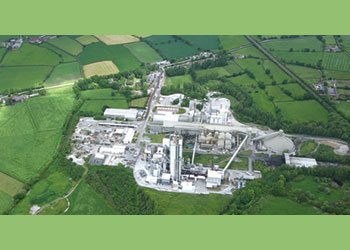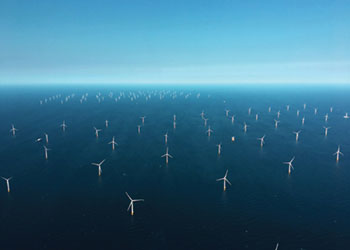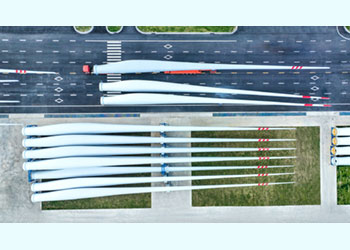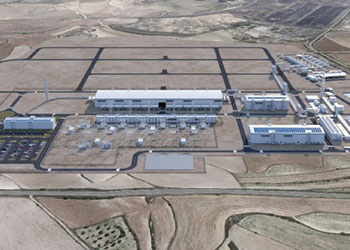
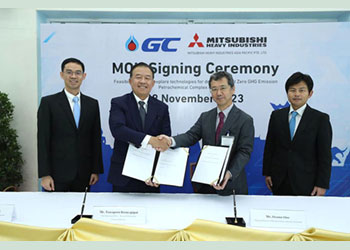
Global Chemical Public Company (GC) signed a Memorandum of Understanding (MOU) with Mitsubishi Heavy Industries Asia Pacific (MHI-AP) to jointly study the technologies required to develop a large-scale petrochemical complex that aims to support Thailand's Carbon Neutrality by 2050.
This collaboration between GC and MHI-AP will involve the study of solutions that use low carbon fuels such as hydrogen and ammonia, as well as Carbon Capture and Storage technologies.
The MOU covers a total duration of 4 years and includes two main objectives to assess the feasibility of applying decarbonisation technologies to GC's assets.
The first is to conduct research to compare the feasibility of using hydrogen and ammonia as fuels for gas turbines, as well as CCS technologies to reduce carbon dioxide emissions from power generators.
The second objective is to assess how CCS technologies can best be applied and optimised for the Steam-Methane Reforming (SMR) process.
MHI-AP will support this through providing carbon capture technologies as well as hydrogen combustion gas turbines and ammonia gas turbines.
This collaboration is aligned with Thailand's announcement to achieve carbon neutrality by 2050 and with GC's operational strategies for robust and sustainable business growth alongside partners under the concept "Together to Net Zero", which aims to reduce greenhouse gas emissions by 20 per cent by 2030 and achieve net zero greenhouse gas emissions by 2050.
Toasaporn Boonyapipat, Chief Operating Officer of GC's Base and Intermediate Chemicals Business, stated that GC operates its business strategy known as '3 Steps Plus.' This strategy includes Step Change, enhancing competitiveness; Step Out, seeking growth opportunities in new or international markets; and Step Up, a commitment to sustainable business practices, aiming to become a Net Zero Company. One of the initiatives to reduce greenhouse gas emissions responsibly involves researching ways to improve and develop processes by integrating modern technologies. For instance, hydrogen/ammonia can be incorporated as fuel in power generation instead of natural gas to achieve net-zero greenhouse gas emissions.
Osamu Ono, Managing Director of MHI-AP, said: "Low-carbon fuels such as hydrogen, ammonia and CCS technologies have great potential in reducing carbon emissions from existing energy infrastructure. MHI-AP is honored to partner with GC to explore how we can utilise our technology and expertise to reduce carbon emissions from GC's existing business assets and support the establishment of an economically viable large-scale carbon neutral petrochemical plant."







































































